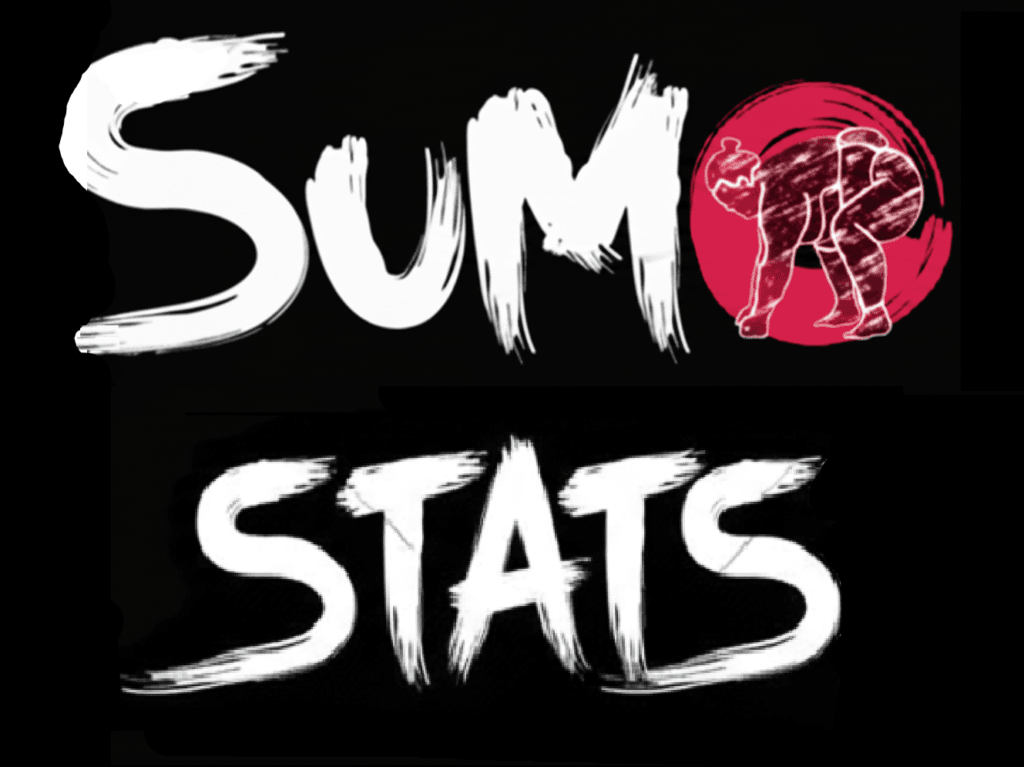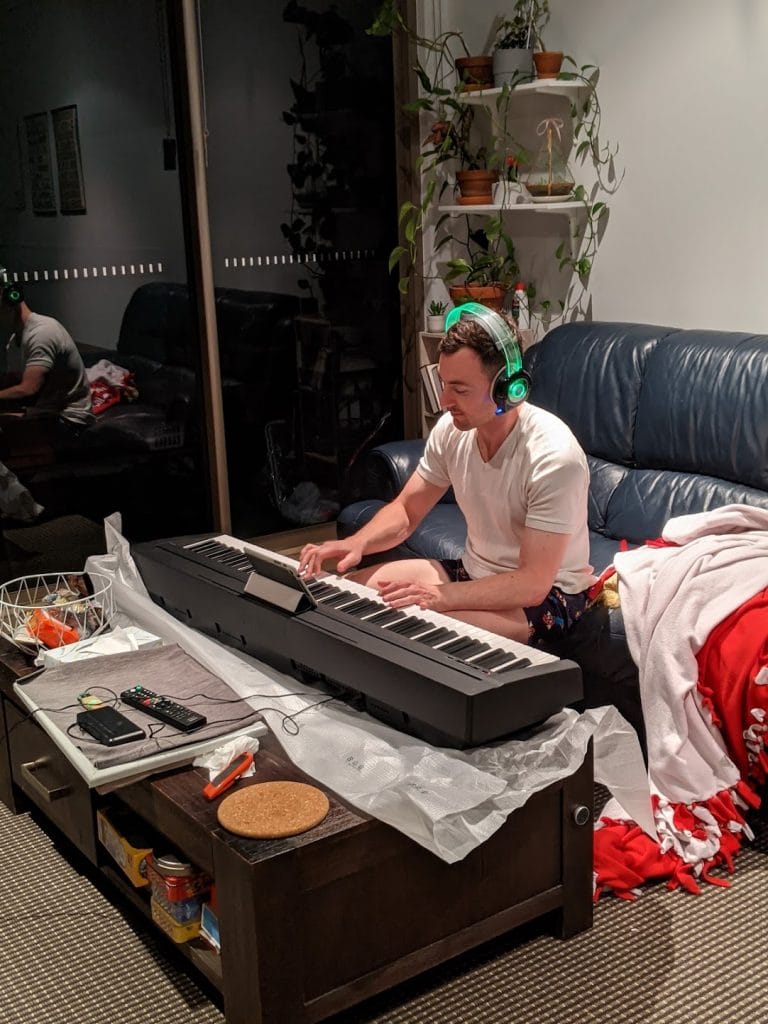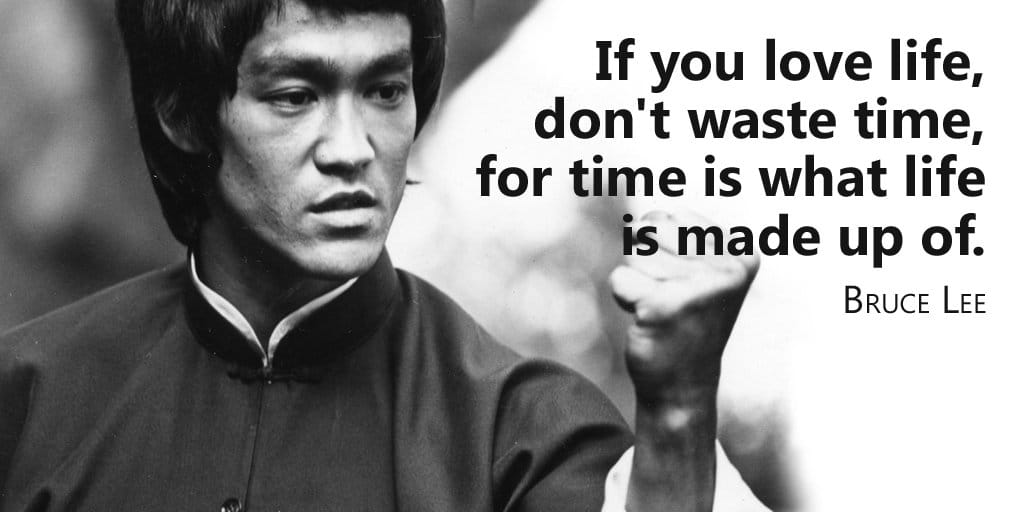Firstly, thank you all for coming. It is great to see so many of Peter’s family and friends here today.
My name is Michael and I am Pete’s proud brother-in-law.
Peter John Michell was a bloody good bloke…
Whether you called him Speck, Pedro, Peter John, or simply Pete, he was always ready to listen and to help anyone, especially over a beer. He was loved by all, as shown in the hundreds of messages on Facebook.
His favorite things in life were having a chat with a beer and a smoke, hitting a little white ball around a course (Member 1785 at Tamworth), riding his beloved motorbike with mates Rick Maher, Kev Cameron, Phil Orman, or the Froud Brothers, or best of all, spending time with family and especially his grandchildren.
Pete was born on the 4th of July 1963, and it was no coincidence that he was born on Independence Day as independent as he was!
As a little boy, he tested his mother’s well-known patience by being the first to jump off the 10-foot cabana into the pool or climbing, as quickly as he could, to the top of the radio antenna at Railway St. A larrikin he was.
Pete loved music and he bought many a vinyl record from Mario down at Tamworth Music. Every Saturday morning around 10, Suzie Quatro or Led Zeppelin would blare out from his room. He had it so loud that people all the way in town in Peel St would often ring Julie and ask her to please turn off that dreadful music. So keen was he on Led Zeppelin that he even got the Hermit portrait tattooed on his shoulder.
Peter’s sporting prowess was first on display at Little Athletics. In his white shorts, his white Bonds singlet with the big maroon “T” on the front, Pete was often seen racing down the track in first place… a huge smile on his face.
In the winter months, Pete played footy and was pretty damn good. “The Billy Slater of Tamworth,” I heard some people say, even though he wore his beloved No. 7. He played in the Under 9 rep team that went to Sydney and won, but don’t ask John to remember it. Apparently, the parents partied so hard that night that scotch was being drunk from flower vases by the end of the night.
His junior league career blossomed, and he played in many winning teams, especially many rep regional teams. The highlight would have been the Under 18 Grand Final for West’s where he played fullback. Michael McKinnon and his teammates can still remember his blistering speed from the back half and his terrific ball skills.
He never really liked school and decided that there was more to life than sitting in a classroom… there’s that independent kid. A trade career beckoned, and after several jobs, he decided to become a welder. At 19, he left the nest and traveled the outback for 12 months on his beloved bike. He then returned to Tamworth to join the family business. “He’s a better welder than me,” his father would often tell me, and together they built the Michell family business to what it is today.
Talking of the business, Peter’s legendary morning teas must be mentioned. His 10-minute smoko often turned into 40 with his mum preparing his favorite meals, whether it be Vegemite on scones or a meat pie (at just the right temperature). The world stopped when Julie’s little “Pettey” came home for smoko.
Pete was the only but far the most special boy to his Mum Julie. He was the apple of her eye and could do no wrong… much to the disgust of his 3 sisters. But it must be said that Peter truly was a wonderful son.
After settling into a working life, he rekindled his love for his kindergarten sweetheart, the lovely Sharon, his rock, his pillar. And in 1988 (14th April), he married her right here at St. Nick’s.
Three terrific boys soon followed, and the Michell family was complete. All the boys have grown up to be fine, strapping, young men with careers of their own… Pete was very proud.
Pete was a fine husband, a great dad, and a fantastic grandfather.
We will all miss him.
Thank you.
I will now hand you over to Ross.


























